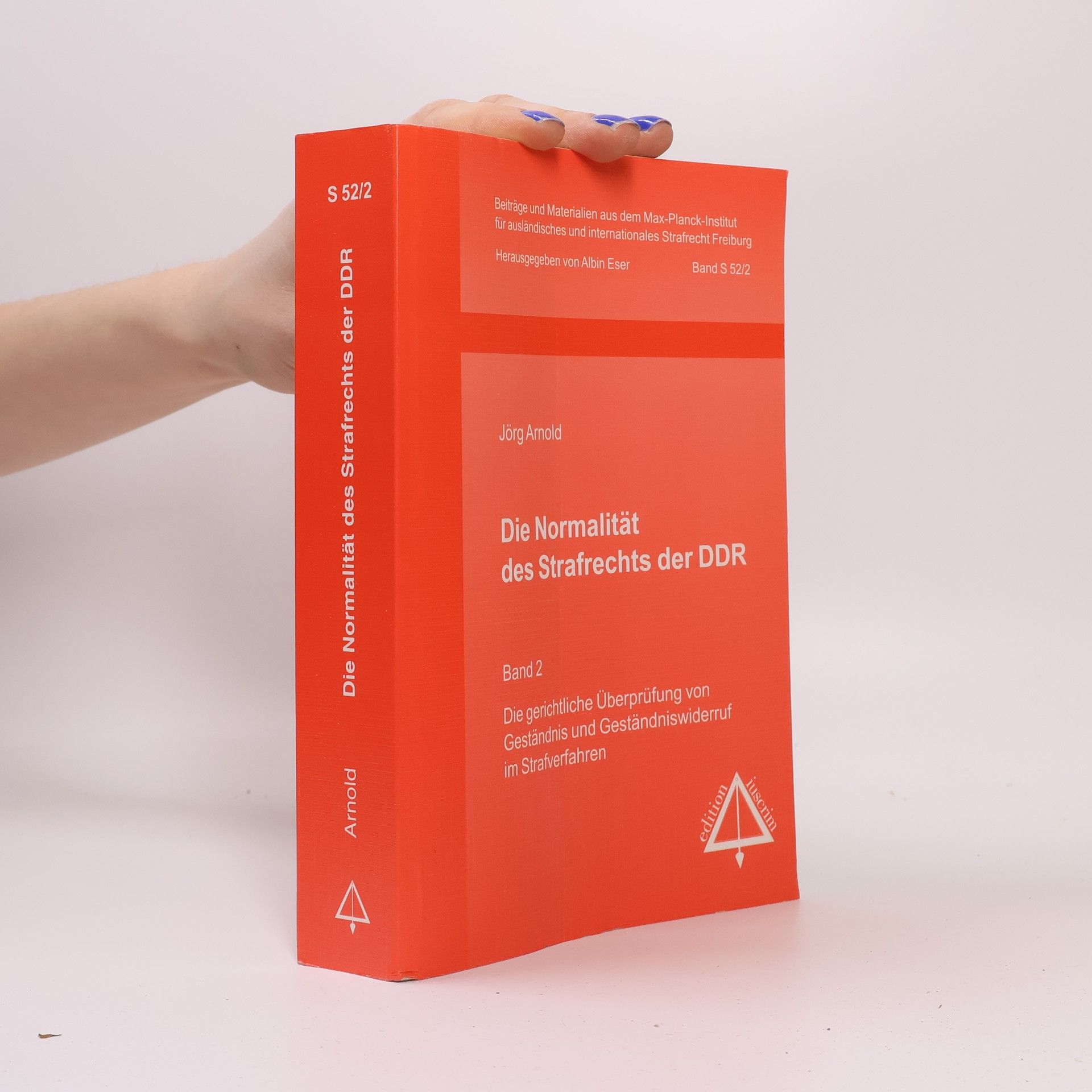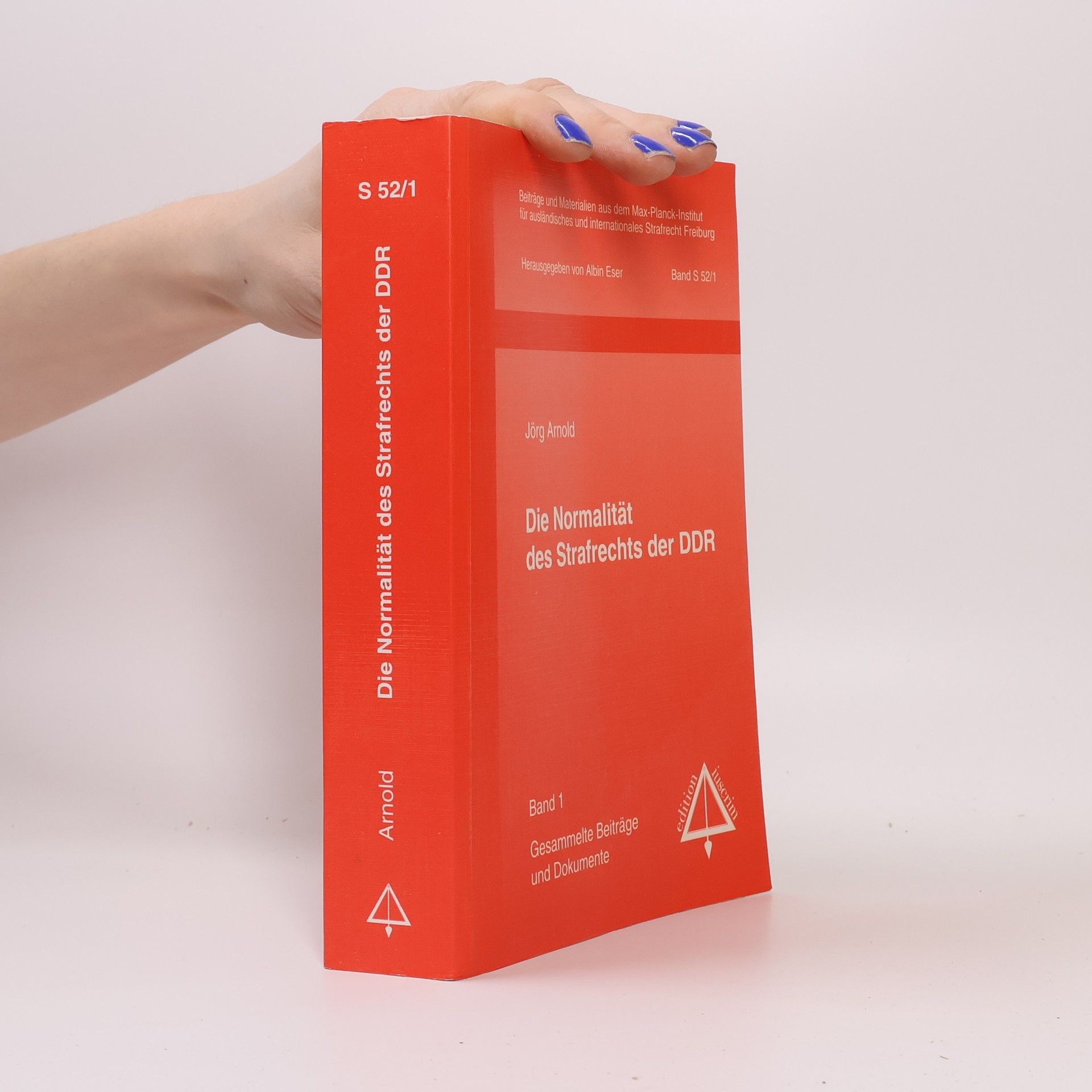Albin Eser Libros
Albin Eser es un jurista alemán cuyo trabajo se centra en el derecho penal. Anteriormente, se desempeñó como juez ad litem en el Tribunal Penal Internacional para la ex Yugoslavia. Sus contribuciones académicas radican en el análisis profundo de los principios legales y su aplicación en contextos internacionales. Su experiencia ha moldeado el discurso sobre justicia y rendición de cuentas a escala global.



Beiträge und Materialien aus dem Max-Planck-Institut für ausländisches und internationales Strafrecht Freiburg - 1: Die Normalität des Strafrechts der DDR
Gesammelte Beiträge und Dokumente
- 990 páginas
- 35 horas de lectura
Die Normalität des Strafrechts der DDR
- 815 páginas
- 29 horas de lectura